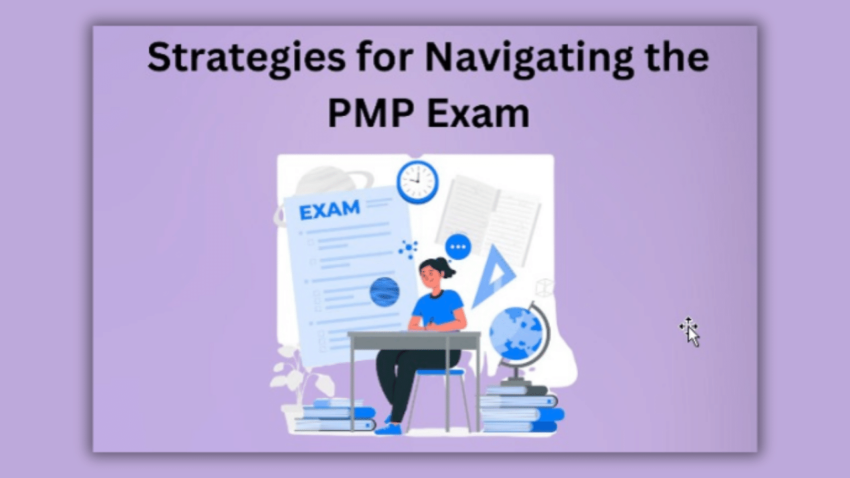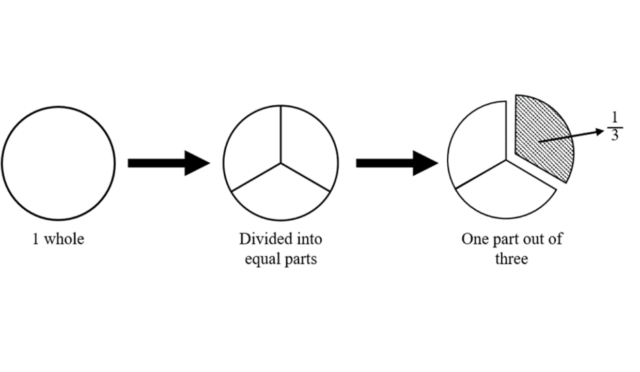For project managers worldwide, the Project Management Professional (PMP) qualification is highly sought for. A question that lingers in many people’s mind is How To Become PMP Certified? It represents proficiency in and commitment to project management. But obtaining the PMP certification calls for completing a demanding exam that gauges your understanding of project management principles, procedures, and industry best practices. PMP Certification Course is a great way to understand more about PMP.
Successful navigation of the PMP test requires strategic planning and a thorough awareness of the material to be covered. This blog will look at practical tactics to help you get ready for and pass the PMP exam.
Strategies for Success
Following these strategies are a great way to ensure success in PMP exams. Read on to find out more.
Create a Study Plan
Exam success begins with creating an organised study schedule. Determine where you still need to learn more and evaluate your understanding currently. Set out time each day or each week to study, covering every aspect of the test. To monitor your development, divide your study sessions into doable segments and establish reasonable objectives.
Utilise Reliable Resources
Although the PMBOK guide is the main source for the exam, it’s a good idea to add extra materials to your study plan. Buy reliable PMP exam preparation books, online courses, and practice tests. These tools offer more information, justifications, and practice problems to help you grasp important ideas.
Practice, Practice, Practice
Testing your knowledge and being comfortable with the exam style are made much easier with practice tests. Give yourself enough time to finish full-length practice tests in a similar setting of an exam. Examine your results , note your areas of weakness, and concentrate your preparation on those. Practice with timed tests as well to increase your question-answering speed and accuracy.
Join Study Groups or Forums
Using study groups or internet forums to interact with other PMP candidates can offer insightful advice. Exchange study guides, talk about difficult subjects, and work together to answer practice problems. Engaging in conversations helps you to learn from the experiences of others and obtain many viewpoints, which improves your preparation in general.
Understand the Exam Format
Learn the PMP exam’s format and structure so you won’t be caught off-guard on test day. Recognise the exam proctors’ particular instructions, the time given for each portion, and the way the questions are presented. Having prepared yourself thoroughly for the exam setting can reduce stress and increase self-confidence.
Focus on Weak Areas
Watch for areas where you falter or struggle as you work through your study plan. Set out more time to go over and reinforce key ideas with more reading, practice problems, or asking study groups or teachers for explanation. Building on your areas of weakness will help you grasp project management concepts more broadly.
Review and Revise Regularly
Once you have finished studying, revise and edit what you have studied. Remembering important ideas, formulas, and procedures often is essential to retention. To help with brief review sessions, make flashcards or summary notes. Sort the subjects that the PMBOK guide and practice tests emphasise most significantly.
Simulate Exam Conditions
Practise in exam conditions as much as you can when the exam date draws near. Seek for a calm, distraction-free setting and keep to the exam’s time constraints for each section. You’ll be more prepared on test day if you’ve practiced with the actual exam’s tempo and intensity.
Stay Calm and Confident
K eep a happy outlook and go into the exam with assurance. Have faith in your planning and in your capacity to achieve. Get enough sleep, have a healthy meal , and arrive at the exam site early to help you manage exam-day stress. Recall that, with careful study and a laser-like focus, passing the PMP exam is possible.
Utilise Mnemonics and Memory Aids
The number of ideas, concepts, and terminologies used in project management can be overloading to absorb. Mnemonics and memory aids can be very helpful resources for remembering important ideas and retaining material during an exam. Make mnemonic devices or graphic aids to link difficult concepts or procedures to recollections. These can speed up recollection on the exam and aid to confirm your knowledge.
Stay Updated with Changes
Project management is a dynamic area with constantly industry standards and best practices. Track the most recent additions, modifications, and updates to the PMBOK guide and exam material. To learn about changes or additions to the exam syllabus, follow respectable project management blogs, forums, or professional associations. Including fresh information into your study schedule guarantees that you’re ready for any changes to the exam material.
Conclusion
Getting ready for the PMP exam takes commitment, determination, and strategic planning. Your chances of success will rise, and you can confidently navigate the exam by using the techniques described in this blog. Remember to use dependable materials, make an organised study schedule, practise often, and ask study groups or forums for help. Essential components of successful preparation include knowing the exam style, concentrating on your areas of weakness, and creating exam conditions. You may pass the PMP test and advance in your project management profession with the appropriate strategy and attitude. For more information visit the website: The Knowledge Academy






